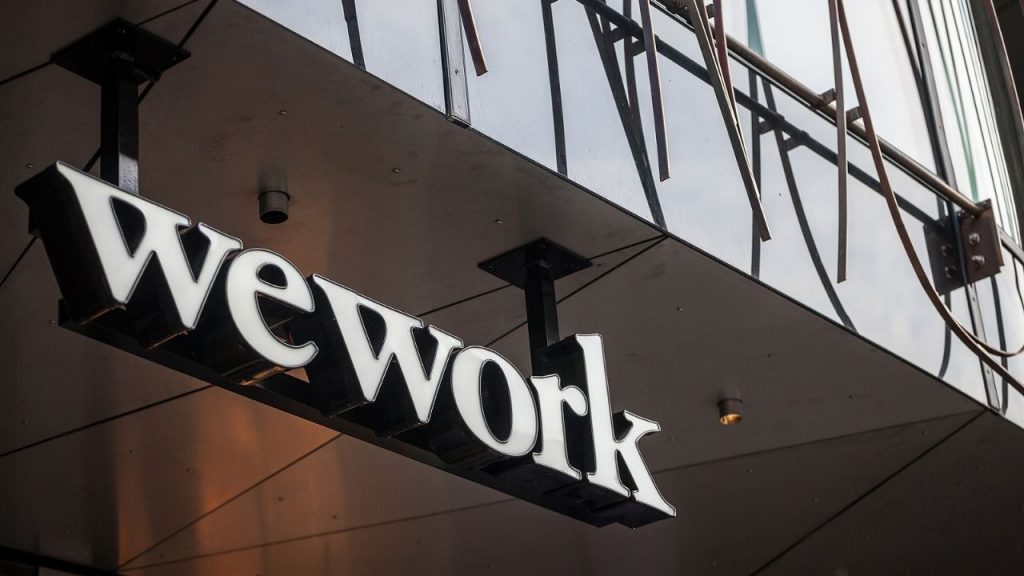The research suggests that when it comes to sustainability in the flexible work sector, collaboration between landlords, operators and occupiers is key. In the report, several operators reported seeing clients increasingly prioritising addressing climate change in their selection of spaces, driven by their own corporate net-zero ambitions showing that sustainability in the flexible workspace market is no longer a ‘nice-to-have’. As occupiers increasingly set net-zero goals and climate change frameworks into 2030, momentum has been building in the UK flex sector for advanced sustainability programmes and targets. Large occupiers are adopting an increasing amount of flex space within their real estate portfolios and putting sustainability at the forefront of their decision making, for example, setting minimum sustainability standards for the spaces they occupy, including energy operational performance targets and provision of direct renewable energy supplies. “At the heart of the discussion around sustainability, is the real everyday experience of working in a building – how it looks, how it feels and how it is understood as a space to spend time in. Physical workplaces are key in creating a culture of sustainability for businesses, and operators can aid corporates in achieving this and increasing visibility of their net-zero ambitions for their employees.” “Operators are at different stages of evolution, but there is an increasing demand for detailed disclosure on sustainability credentials before occupiers take space, as well as during operation. In flexible office buildings, a large component of this will be developing ways to understand the sustainability performance of heating and cooling systems, lighting systems, granular waste disposal amounts by type and water usage.” “Operators will then be able to give a more accurate picture to occupiers, potential customers and investors as to how the building is being managed and how they are able to work with their occupiers as a collective group to see co-benefits of sustainable operations. Data is, and will increasingly be, critical to complying with legislation as a minimum with sustainability data critical to a company’s financial health and risk management.”




















OWNER/OPERATOR
Playlist
Listen to to daily real estate news updates. Playlist is udpated routinely throughout the day. Click to add to your personal radio session.
Latest News
Select the latest real estate articles to add to your personal radio playlist. Sports articles are curated from all around the web, covering the most popular topics and news stories.
[fap_track url="https://storage.googleapis.com/oz-hameed-test/1573660239728-Office_Lifestyle_Amenities_Are_Fueling_Competition_For_Talent.mp3" title="Office Lifestyle Amenities Are Fueling Competition For Talent" share="" cover="https://aboutcoworking.com/wp-content/uploads/2019/11/img_5945-1024x576-1-150x150.png" meta="Office Lifestyle Amenities Are Fueling Competition For Talent" layout="button" enqueue=yes auto_enqueue=no]
AllWork.Space
[fap_track url="https://storage.googleapis.com/oz-hameed-test/1573660239728-Office_Lifestyle_Amenities_Are_Fueling_Competition_For_Talent.mp3" title="Office Lifestyle Amenities Are Fueling Competition For Talent" share="" cover="https://aboutcoworking.com/wp-content/uploads/2019/11/img_5945-1024x576-1-150x150.png" meta="Office Lifestyle Amenities Are Fueling Competition For Talent" layout="button" enqueue=yes auto_enqueue=no]
Latest Podcast
Want an extended listening experience? Select one or more of the real estate podcast below to add to your personal radio playlist.
No data was found













